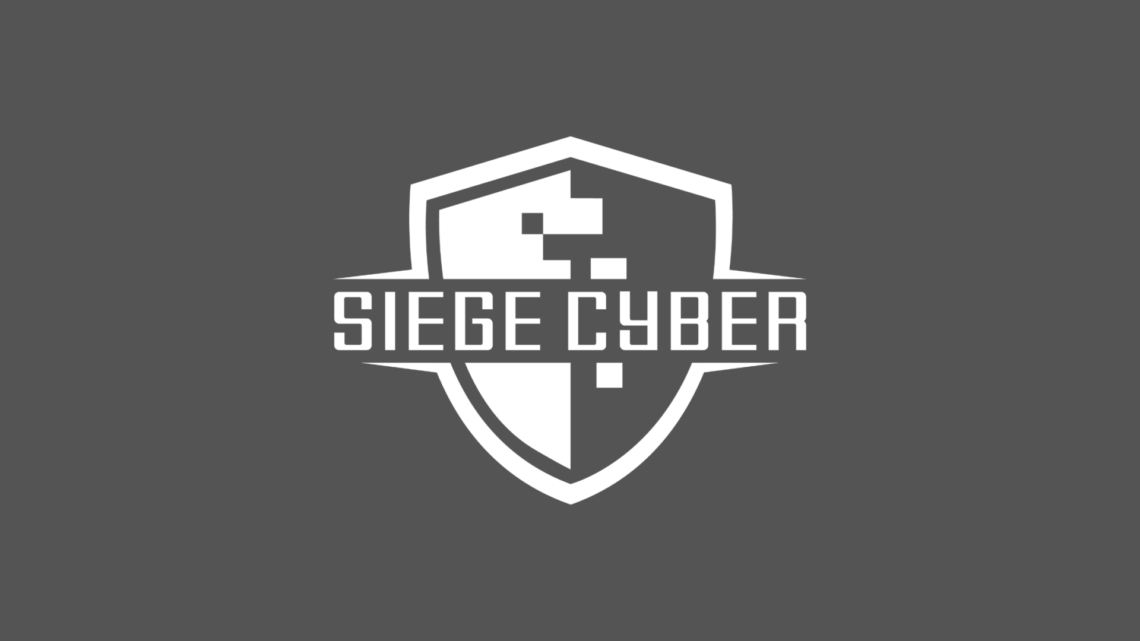
Certification Guide: ISO 27001 for Data Security in Australia
Certification Guide: ISO 27001 for Data Security in Australia
Introduction
In today’s digital age, ensuring the security of sensitive information is paramount for businesses. ISO 27001 certification provides a framework for establishing, implementing, maintaining, and continually improving an information security management system (ISMS). This guide aims to shed light on who needs ISO 27001 certification in Australia and the key benefits of obtaining it.
Who Needs ISO 27001 Certification in Australia?
ISO 27001 certification is relevant to a wide range of individuals and businesses in Australia, including CEOs, Managing Directors, Managers, and Business Owners. It is particularly beneficial for organisations that handle sensitive data, such as financial institutions, healthcare providers, and government agencies.
Benefits of ISO 27001 Certification
Obtaining ISO 27001 certification offers several advantages for businesses in Australia, including:
- Enhanced Credibility and Trust: ISO 27001 certification demonstrates a commitment to data security, enhancing credibility with stakeholders and instilling trust in customers and partners.
- Competitive Edge: ISO 27001 is an internationally recognised standard, providing a competitive advantage in the market and differentiating certified organisations from their competitors.
- Streamlined Business Processes: Implementing an ISMS helps identify and address potential security vulnerabilities, resulting in streamlined and more resilient business processes.
- Compliance Requirements: ISO 27001 certification can fulfil compliance requirements for certain sectors or contracts, giving businesses a competitive edge when bidding for projects.
- Potential Insurance Premium Reduction: ISO 27001 certification showcases a proactive approach to risk management, potentially leading to reduced insurance premiums due to improved risk mitigation.
Certification Process for ISO 27001 in Australia
The ISO 27001 certification process in Australia typically involves the following steps:
- Gap Analysis: Evaluate the existing ISMS to identify gaps and areas for improvement.
- ISMS Development: Formulate a plan to develop or improve the ISMS to meet ISO 27001 standards.
- Implementation: Implement the developed ISMS across the organisation, incorporating necessary changes to processes and procedures.
- Internal Audit: Conduct an internal audit to ensure the ISMS is functioning as intended and meeting ISO 27001 standards. Address any non-conformities identified during the audit.
- External Audit: Engage a third-party auditor to conduct an external audit. If the ISMS meets the ISO 27001 standards, the organisation receives the ISO 27001 certification.
The duration of the certification process can vary depending on the size and complexity of the organisation, typically taking between 3 to 6 months to complete.
Common Challenges and Misconceptions
While ISO 27001 certification offers numerous benefits, there are common challenges and misconceptions that organisations may face:
- Misunderstanding the Standard: Some organisations may not fully grasp the requirements and scope of ISO 27001. It is essential to understand that ISO 27001 is a comprehensive standard that covers more than just IT security, encompassing legal, physical, and human aspects of information security.
- Resources and Time: Obtaining ISO 27001 certification can be resource-intensive. It is crucial for businesses to allocate sufficient time and resources for the implementation and maintenance of the standard.
- Perceived Complexity: ISO 27001 may seem overly complex, especially for smaller businesses. However, with proper guidance from experts and a structured approach, ISO 27001 certification is achievable for organisations of all sizes.
- Fear of Changes: Implementing ISO 27001 often requires changes to existing processes. Some organisations may resist these changes, hindering their progress towards certification. It is important to view these changes as positive steps towards improved efficiency and security.
Addressing Misconceptions
To address common misconceptions about ISO 27001 certification, it is crucial to provide the following clarifications:
- ISO 27001 is not just an IT standard: ISO 27001 covers more than just IT security. It is a comprehensive standard that also includes legal, physical, and human aspects of information security.
- Investment in time and resources: While obtaining ISO 27001 certification can be resource-intensive, the benefits, such as enhanced data security, improved business processes, and increased trust from stakeholders, make it a worthwhile investment.
- Managing Complexity: While ISO 27001 may seem complex, with the right guidance and a structured approach, it is achievable for organisations of all sizes. Many consulting services and tools are available to help businesses navigate the certification process.
- Embracing Changes: Changes are often part of growth and improvement. Implementing ISO 27001 may require alterations to existing processes, but these changes often lead to enhanced efficiency, reduced risks, and improved security.
Key Takeaways
In conclusion, ISO 27001 certification is essential for businesses in Australia that value data security and wish to enhance their credibility with stakeholders. The certification process involves several key steps, including gap analysis, ISMS development, implementation, internal audit, and external audit. Common challenges and misconceptions can be addressed through a better understanding of the standard, adequate allocation of resources, and adopting a positive mindset towards change. Remember, ISO 27001 certification is a valuable investment that strengthens your organisation’s security practices and provides a competitive advantage in the market.